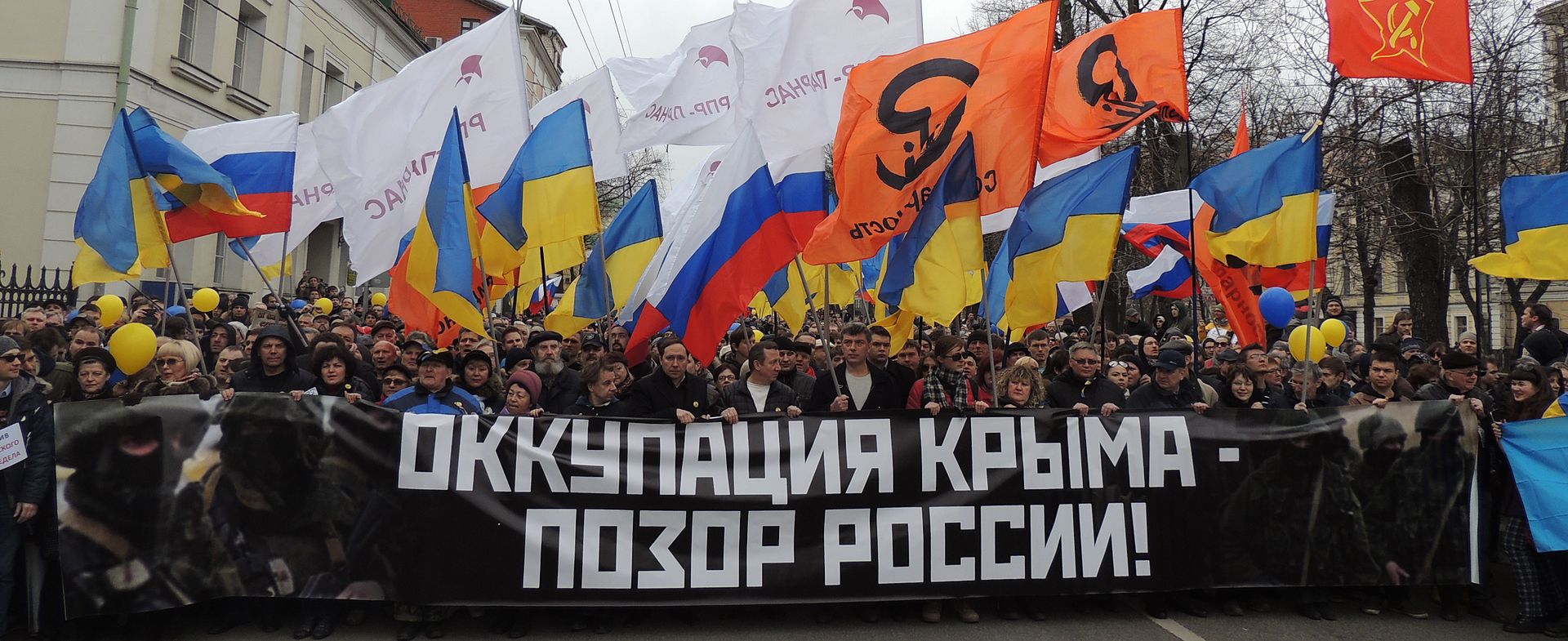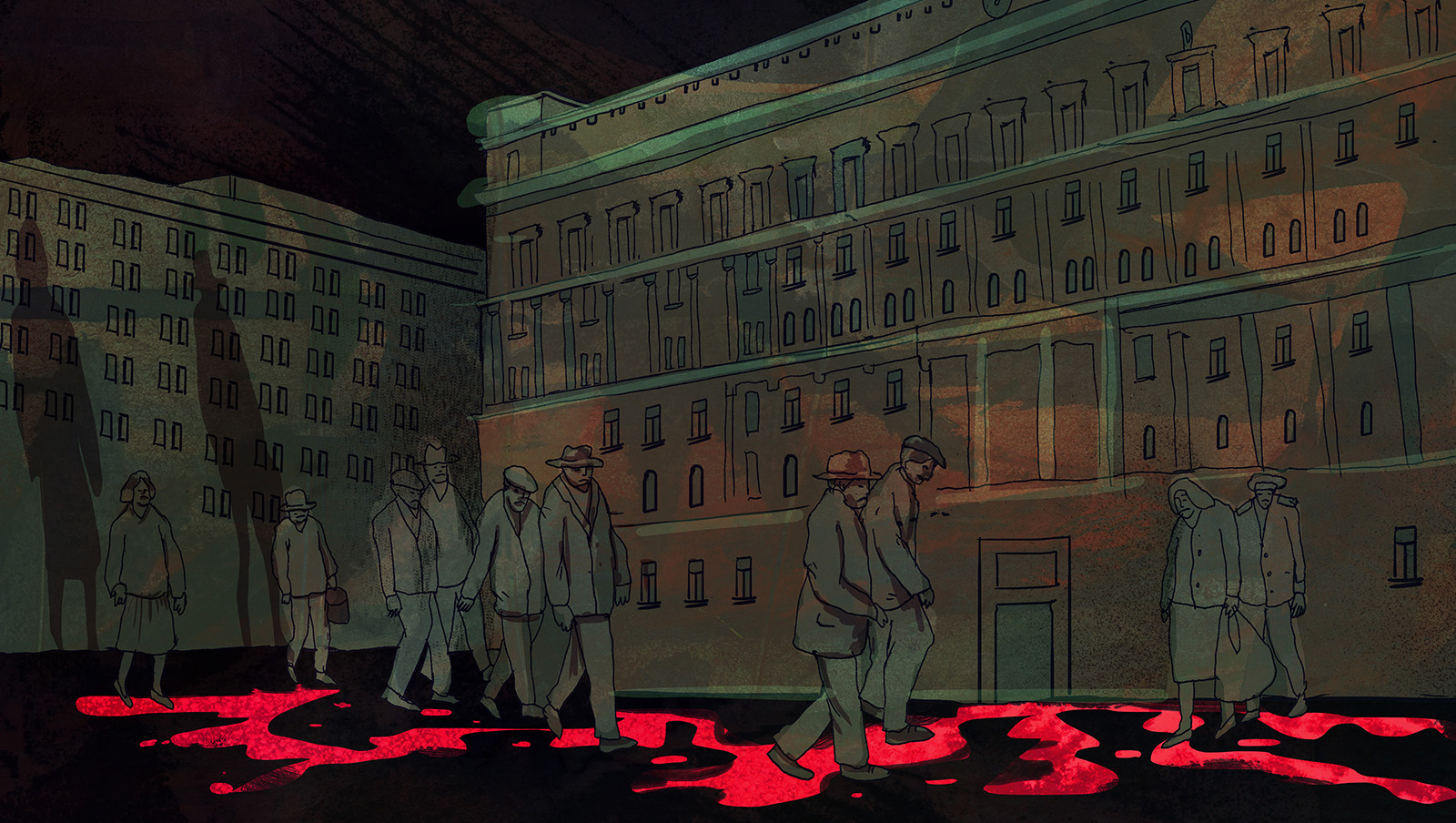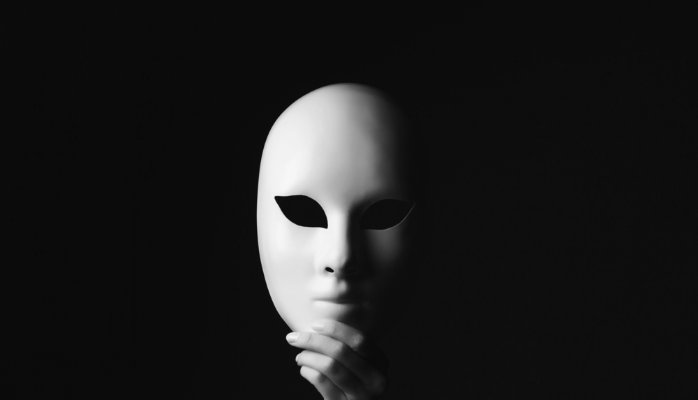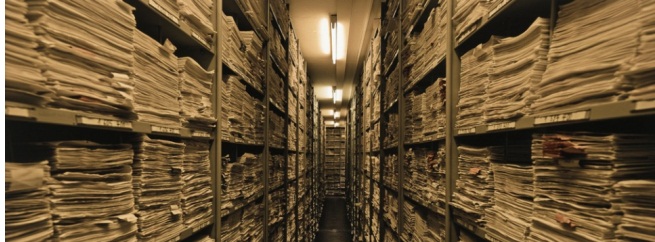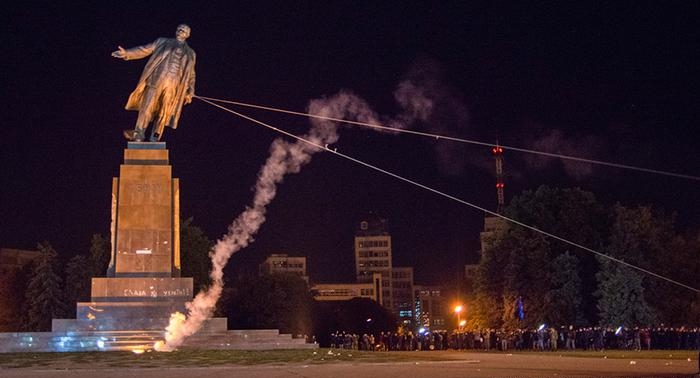The Crimean Anschluss opened the way for the “completely open” justification of Stalin and thus of everything Soviet because “in fact, the Soviet was and is Stalin,” not only because he ruled for so long but also because “he created … the Soviet man, [and] the Soviet mentality and thus destroyed Russia,” according to historian Andrey Zubov.
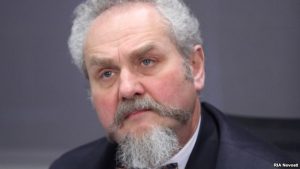 Stalin “destroyed the Russian man and people of all nationalities as non-Soviet. If in the 1920s, there was still a so-called society under the Soviets and people were still Russians, Ukrainians and Jews, but not Soviet and still citizens of a Russian state… then, after the death of Stalin, Soviet society took its final shape” - Zubov writes.
Stalin “destroyed the Russian man and people of all nationalities as non-Soviet. If in the 1920s, there was still a so-called society under the Soviets and people were still Russians, Ukrainians and Jews, but not Soviet and still citizens of a Russian state… then, after the death of Stalin, Soviet society took its final shape” - Zubov writes.
And both because the entire leadership of Russia comes out of that Soviet crucible and because its values serve them so well, Zubov says, “Stalin is not only a symbol; he is, if you like, the axis around which rotates the entire present-day elite. Take away this axis and everything falls apart because then people will say: you too are a criminal!”
That is why the Putin elite has to justify Stalin, because if people accept that Stalin was somehow inevitable or unavoidable, then they will conclude that the same thing about the current rulers, Zubov continues. The elite thus has no choice if it wants to maintain itself in power; but if it continues on this course, Russia is doomed.
Not only are Stalin statues and museums appearing everywhere in Russia (see this useful Meduza.io survey) Zubov points out that “all the present phraseology of Putin and others in his regime is the phraseology of the justification of Stalinism.”
“Recently,” for example, “Putin used what are practically Brezhnev’s words in an interview when he said that on the whole the activity of the party in the period of repressions remained correct. That is exactly what Brezhnev said; and therefore there is no reason to be surprised by the current justification of Stalin.”
Putin like even Yeltsin came out of the Soviet milieu. “They did not forget about Lenin and about Stalin; this would have been impossible. Instead, they remained true to them and therefore attempted to keep everything as it is.”
Zubov continues: “They feared for their own power. They feared the people. And now at last Putin has donned the robes that he always wore in Soviet times.” He may have posed as a liberal or a democrat in the past but now he can act for the same reasons that led him to join the KGB. “And correspondingly, Stalin again becomes a hero.”
“The present exaltation of Stalin is the result of the fact that [Russians] have not experienced de-communization or changed the elite. The Soviet elite remains in power,” Zubov says. No one should be surprised: the first thing Putin did on becoming president was to put up a monument to Yuri Andropov, “a true Stalinist who in the 1970s and 1980s committed unbelievable crimes.”
The situation in central and eastern Europe was different. There, Zubov says, there was systematic de-communization and the opening of the archives, the destruction of Soviet monuments and the restitution of property. But in Russia “everything Soviet was preserved,” with only this difference: the elite divided up the property among itself that had earlier been taken from the people.
“As long as all this is preserved,” the Moscow historian argues, Russia “will remain a post-Soviet state, not a new Russia or an open Russia … and there will be nothing to hope for. Without systematic de-communization on the model of central Europe, [Russians] have no future, none at all.”
That will be an extremely difficult task, he concedes; but there is a still more difficult one ahead of that: to restore civil society and to restore the responsibility of the citizen. This is insanely complicated, perhaps even more complicated than de-communization.” Nonetheless, Russians must set themselves this task as well, as hard as their Soviet elites will fight against their success.
Zubov concludes his article with these words: “Several years ago in Germany there was an exhibit on the Wehrmacht and its criminal activities during the war. Even now many Germans do not believe and gradually had to be educated. All this must happen [in Russia as well]. We must liberate ourselves from the crimes.”
Fighting Stalinism and the Stalinists still in power in Moscow is the only way forward, he argues.
